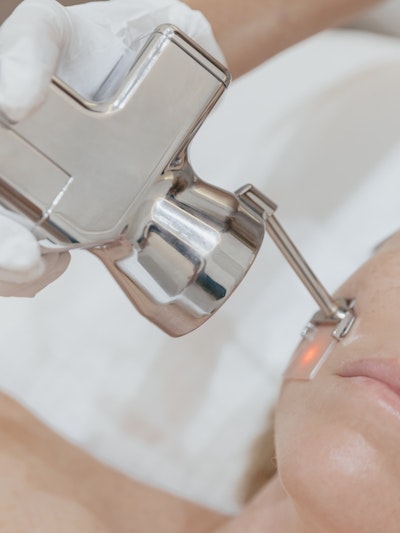
Pigmentation refers to the natural colouring of the skin, determined primarily by melanin. In some people, areas of the skin may appear darker than the surrounding tissue — a feature described as hyperpigmentation. This occurs when excess melanin is produced, often influenced by factors such as cumulative sun exposure, hormonal changes, inflammation, or certain skin conditions
There are several common forms of hyperpigmentation. Age spots (also known as solar lentigines or liver spots) appear as flat brown, tan, or black areas, usually on sun-exposed regions such as the face, hands, and arms. Post-inflammatory hyperpigmentation can occur after skin inflammation — for example, following acne or eczema — and may be seen on any part of the body. Another type, melasma (sometimes called chloasma or the “mask of pregnancy”), often presents as larger patches of darker skin, most commonly on the face. It may be associated with hormonal changes such as pregnancy or use of contraceptive medications and is more frequently observed in people with medium to darker skin tones.
Pigmentation changes are common and can result in areas of the skin appearing darker than the surrounding tissue. These features are usually linked to how pigment-producing cells respond to internal and external influences such as sun exposure, hormones, or inflammation. While pigment variation is common, it is also one of the reasons skin health is considered in a broader sense — not only in terms of appearance, but also in protecting against further environmental stressors.

Microchanneling

HALO™

Er:YAG laser

BBL® HEROic

Forever Young BBL™ HEROic

Skin Therapy Treatments

MicroLaserPeel

NanoLaserPeel

EXION Fractional RF®

Peels
For those wishing to explore non-surgical options for pigmentation, a consultation with a qualified practitioner is essential. This allows for an individual assessment, discussion of potential benefits and risks, and consideration of alternatives. Information provided during consultation helps ensure that any decision is informed, voluntary, and appropriate for each person’s circumstances.
Have some questions for our team first?
Email us at [email protected] or call our Care Team on (02) 4002 4150.